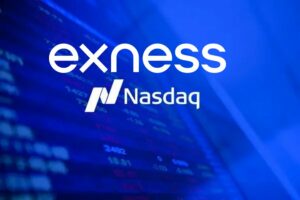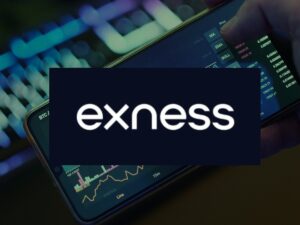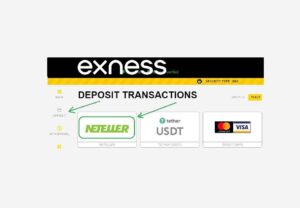Choosing the right brokerage is a critical decision for traders who rely on consistent execution, transparent pricing, and reliable infrastructure. Two well-known companies in the forex and CFD sector are Exness and IC Markets. Both have built reputations for stability and access to advanced tools, yet their conditions differ in ways that can significantly influence trading style and long-term results.
Company Overview
Exness
Founded in 2008, Exness has grown rapidly and today reports monthly trading volumes exceeding trillions of dollars. The broker emphasizes transparency, regularly publishing audited financial reports and performance indicators. Exness is licensed by multiple regulators, including CySEC (Cyprus), FCA (UK), FSCA (South Africa), and FSA (Seychelles). Its global reach and regulatory framework give traders confidence in operational stability.
IC Markets
Established in 2007 in Australia, IC Markets is one of the largest ECN brokers by volume. It is authorized by ASIC (Australia), CySEC (Cyprus), and FSA (Seychelles). Known for low spreads and raw pricing, IC Markets has become a popular choice for scalpers, algorithmic traders, and institutional-style strategies. Its infrastructure focuses heavily on speed, hosting servers in Equinix data centers for faster execution.
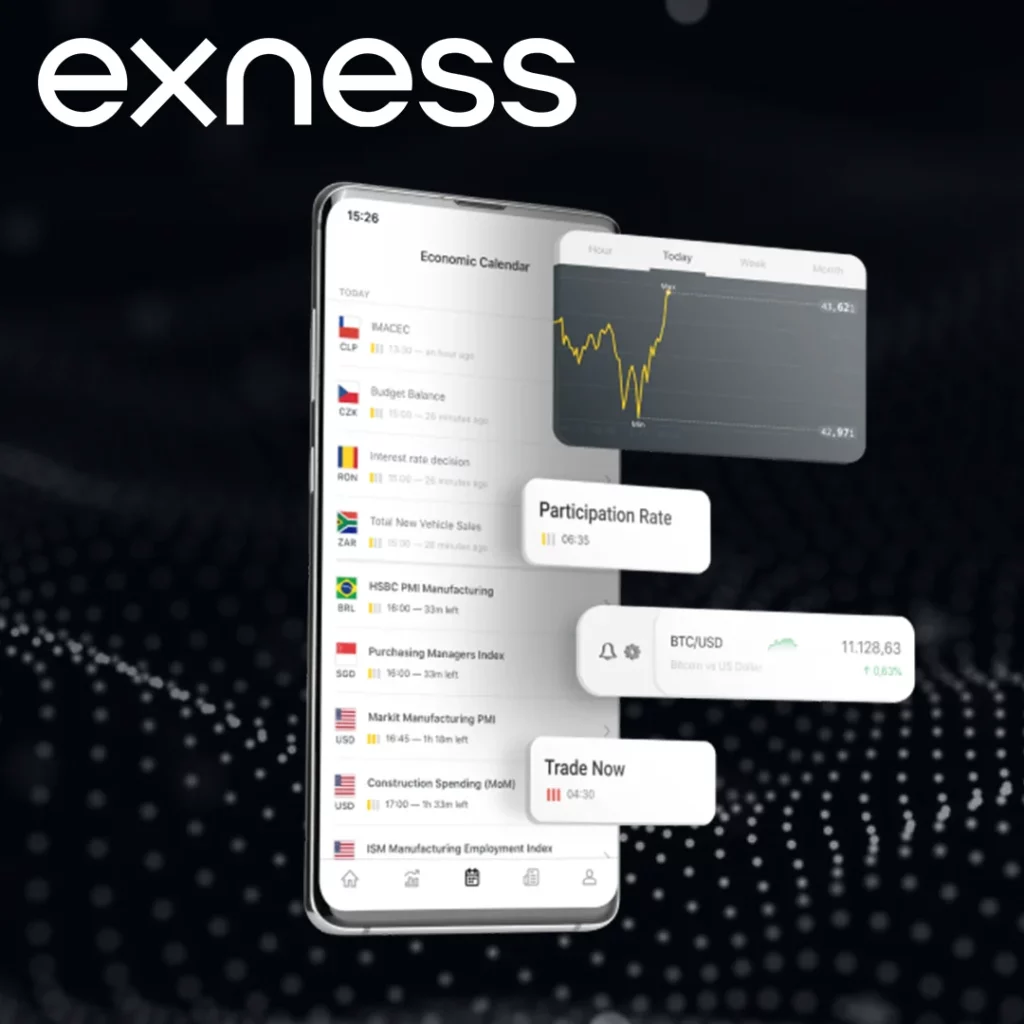
Regulation and Safety
Both brokers hold multiple licenses, but with slightly different jurisdictional strengths.
| Broker | Year Founded | Main Regulators | Transparency Notes |
| Exness | 2008 | FCA, CySEC, FSCA, FSA | Publishes financial statements |
| IC Markets | 2007 | ASIC, CySEC, FSA | Offers execution quality reports |
Exness stands out by releasing independent audit results, which adds a layer of confidence. IC Markets relies more on execution statistics, targeting traders who demand measurable performance.
Account Types
Both brokers have tailored account structures for different trading approaches.
Exness Accounts:
- Standard
- Standard Cent
- Raw Spread
- Zero
- Pro
IC Markets Accounts:
- Standard
- Raw Spread (cTrader)
- Raw Spread (MT4/MT5)
The diversity at Exness gives more options to scale from beginner testing environments to professional setups. IC Markets keeps the choice simpler, focusing mainly on Standard and Raw Spread models.
Trading Platforms
The two companies both rely on industry-recognized software.
| Broker | Platforms Offered | Key Features |
| Exness | MT4, MT5, Exness Web Terminal | Custom terminal, web-based access |
| IC Markets | MT4, MT5, cTrader | cTrader for advanced order execution |
Exness integrates its own web-based terminal for accessibility, while IC Markets appeals to algorithmic traders through cTrader, known for advanced depth of market and order book visibility.
Spreads and Commissions
Spreads and fees directly affect profitability, especially for high-frequency strategies. Both brokers advertise raw spreads, but their structures differ.
| Broker | Minimum Spread (EUR/USD) | Commission per Lot (Round Turn) | Average Spread (Standard Account) |
| Exness | 0.0 pips (Raw Spread) | $3.50–$4 per side | 1.0 pips |
| IC Markets | 0.0 pips (Raw Spread) | $3.0–$3.5 per side | 1.0 pips |
Leverage Options
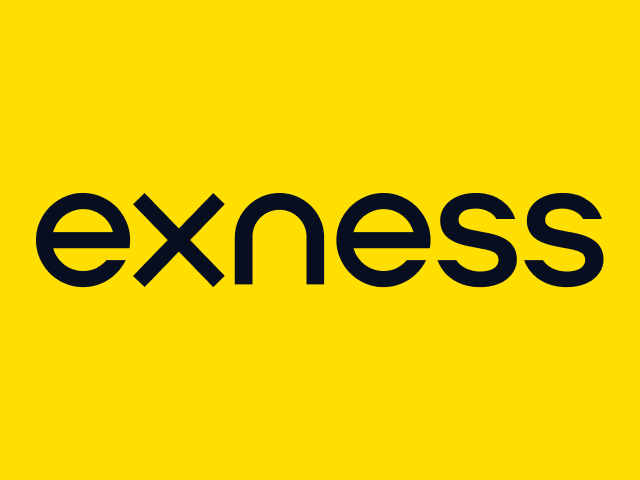
Leverage policies can change depending on regulation, but both brokers are known for high limits.
- Exness: Offers unlimited leverage under certain jurisdictions, provided specific volume and margin requirements are met.
- IC Markets: Provides up to 1:500 leverage for retail clients under offshore regulation. In stricter jurisdictions (ASIC, CySEC), limits are capped at 1:30 for retail traders.
Exness stands out for traders seeking extremely high leverage flexibility, though it requires disciplined risk management.
Instruments Available
Both companies provide multi-asset access beyond forex, but the scope varies.
| Asset Class | Exness | IC Markets |
| Forex | 100+ pairs | 60+ pairs |
| Commodities | Metals, energies, agricultural | Metals, energies |
| Indices | Global indices | Global indices |
| Stocks | CFDs on international companies | CFDs on US, EU, AU equities |
| Cryptocurrencies | Dozens of major and minor tokens | Limited set of crypto CFDs |
Exness offers broader cryptocurrency coverage and niche pairs, while IC Markets maintains a strong equity CFD portfolio, especially for US and Australian markets.
Deposit and Withdrawal Conditions
Funding convenience is a significant factor for many retail clients.
Exness:
- Supports a wide list of payment systems, including cards, bank transfers, and electronic wallets.
- Many transactions are processed instantly.
- No internal fees are charged.
IC Markets:
- Accepts international transfers, credit cards, and several e-wallets.
- Processing time is fast, though not always instant.
- Bank wire transfers may take 2–5 days.
Both brokers avoid adding extra charges, though speed and method variety tend to favor Exness, especially for traders located outside traditional banking hubs.
Customer Service and Education
While neither broker can be judged solely on service, response time and resources matter.
- Exness offers multilingual support available 24/7 in most regions and publishes detailed financial reports.
- IC Markets provides 24/7 live chat and email assistance, with a strong focus on technical guidance for algorithmic trading setups.
Educational resources are present in both cases but are not as developed as those of brokers who target beginners. These firms clearly concentrate on execution quality rather than marketing education.
Final Comparison Table
| Feature | Exness | IC Markets |
| Regulation | FCA, CySEC, FSCA, FSA | ASIC, CySEC, FSA |
| Platforms | MT4, MT5, Web Terminal | MT4, MT5, cTrader |
| Spreads/Commissions | 0.0 pips + $7–$8 per lot | 0.0 pips + $6–$7 per lot |
| Leverage | Up to unlimited (jurisdiction-based) | Up to 1:500 |
| Instruments | 200+ instruments, strong crypto | 230+ instruments, strong equities |
| Funding | Many instant e-wallet methods | Cards, wires, selected wallets |
| Transparency | Publishes audited reports | Shares execution statistics |

Trade with a trusted broker Exness today
See for yourself why Exness is the broker of choice for over 800,000 traders and 64,000 partners.
FAQs
Which broker is better for scalping?
IC Markets generally has lower commission rates and strong infrastructure, making it well-suited for scalpers and algorithmic trading systems.

